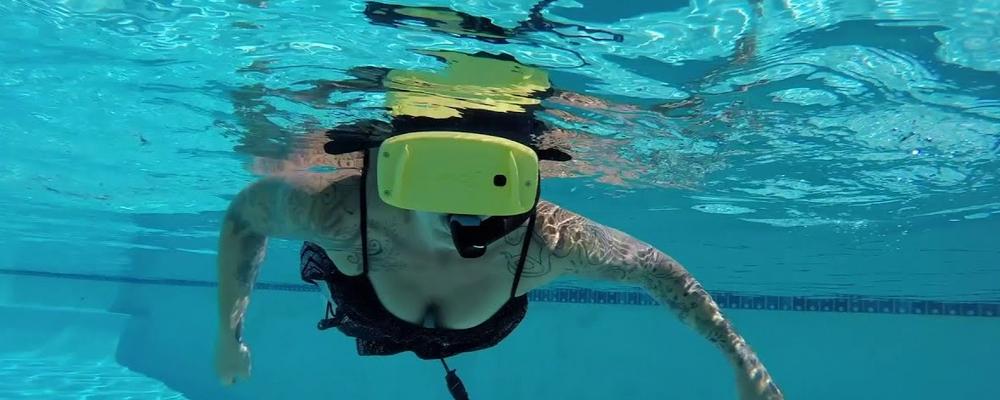Image

Lecture: VR for Ocean Literacy
Sustainability and environment
Science and Information Technology
The ocean – the planet's largest ecosystem – is suffering from human activities causing environmental issues such as climate change, plastic pollution, or over-fishing. Welcome to a lecture on how new technology can contribute to greater awareness of these issues.